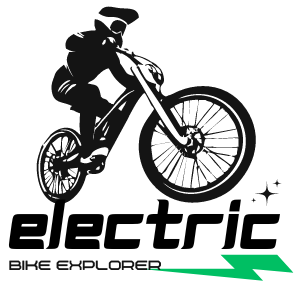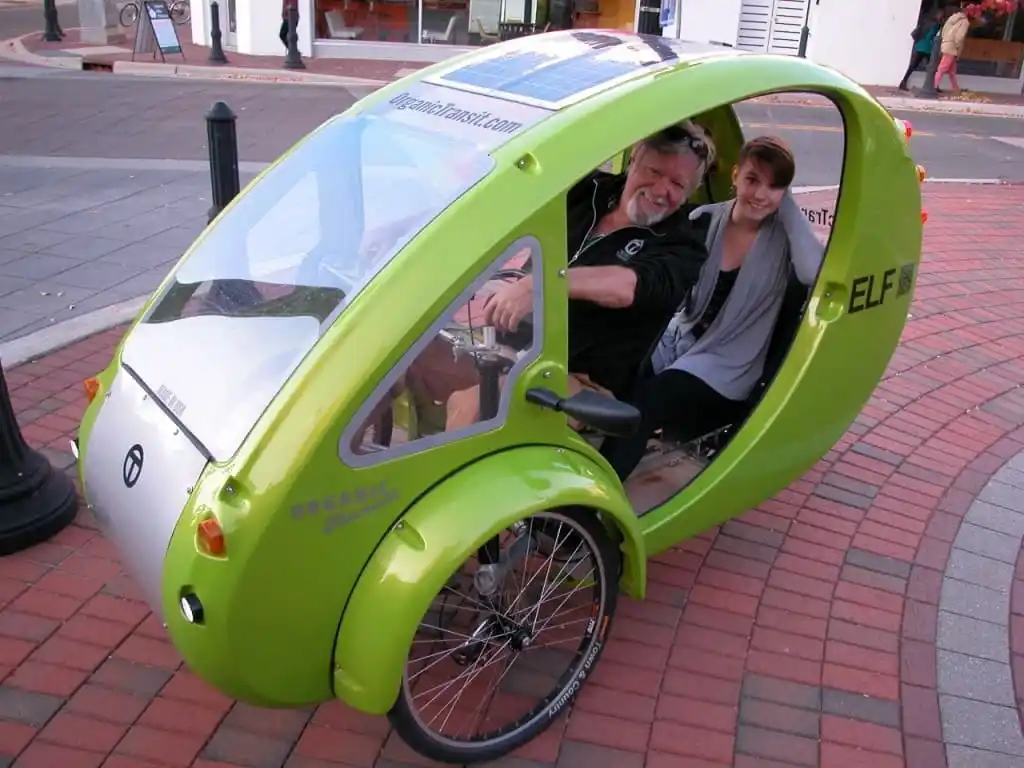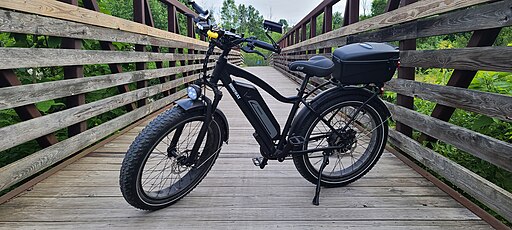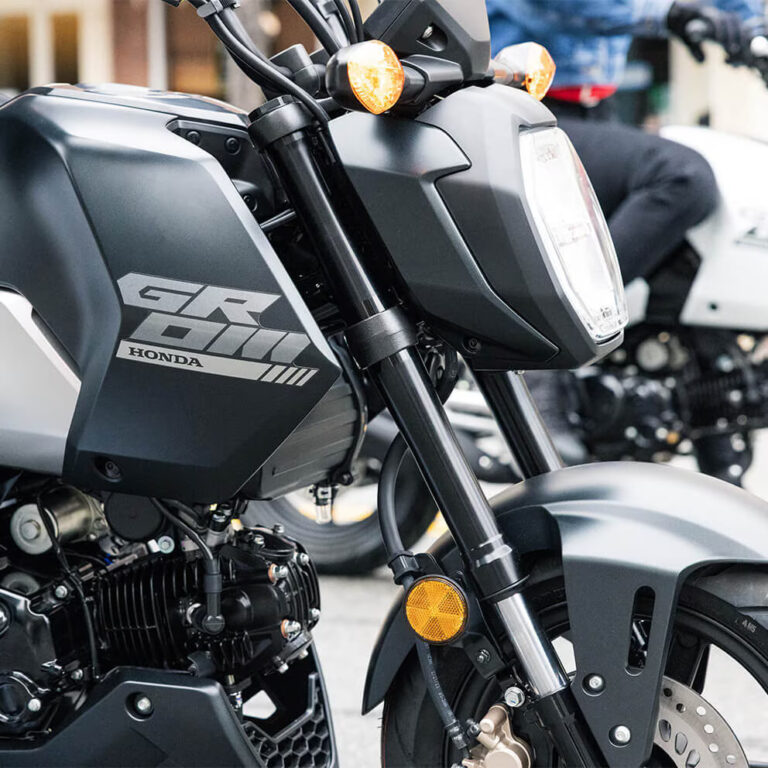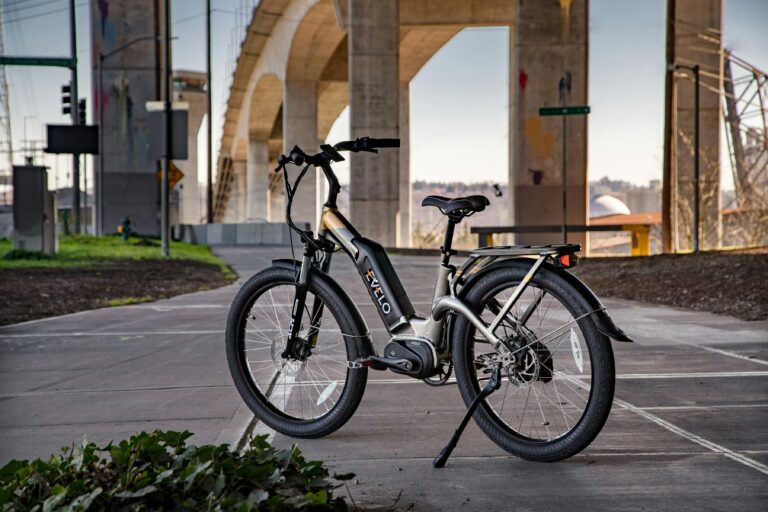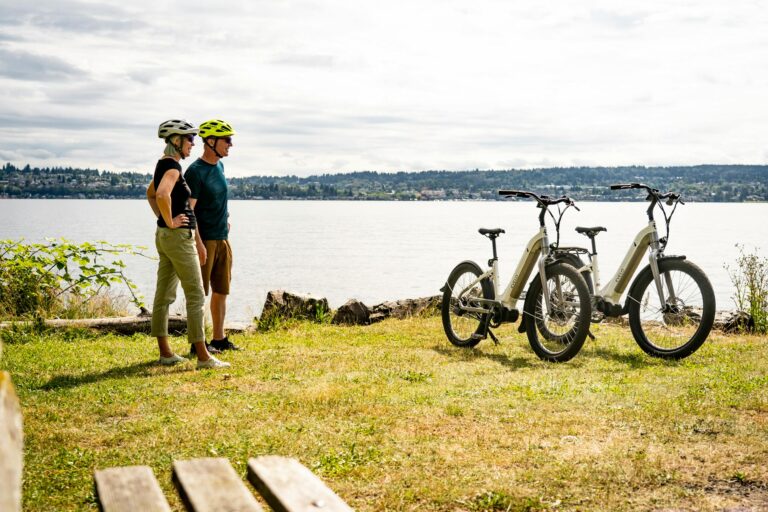The ELF is Back: Electric Bike-Car Resurrected
The ELF, a pioneering electric bike-car, is making a comeback. Once a darling of the micromobility world, production of this unique three-wheeled vehicle was halted in 2019 due to its parent company’s bankruptcy. But now, its original creator, Rob Cotter, has repurchased the rights and is gearing up for a second act.
The ELF was a trailblazer. With its enclosed cabin, electric motor, and tadpole design, it offered a weather-protected, efficient, and fun way to get around. Its classification as an electric bicycle meant it could be operated without a license or insurance in many places, making it a practical choice for urban dwellers.
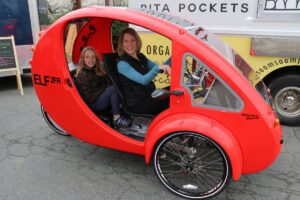
The vehicle’s safety record was impressive, with no reported fatalities in numerous accidents. Its solar panel roof even provided supplemental charging, making it a sustainable option.
However, the ELF’s journey was interrupted by financial challenges. After a period of dormancy under new ownership, Cotter has seized the opportunity to revive his creation. His new company, Environmental Transit Authority (ETA), aims to ramp up production and make the ELF more accessible than ever before.
Potential Impact on Urban Planning
The ELF’s return could significantly influence urban planning. As a compact, zero-emission vehicle, it aligns with many cities’ sustainability goals. By reducing car traffic, the ELF can help alleviate congestion, improve air quality, and enhance public health. Moreover, its ability to use bike lanes could free up road space for other vehicles, making urban environments more efficient.
Challenges in the Current Market
Despite its potential, the ELF faces challenges. The primary hurdle is production cost. As a custom-built vehicle with a relatively small production volume, the ELF is likely to be more expensive than mass-produced electric cars or e-bikes. Additionally, infrastructure limitations, such as a lack of dedicated charging stations for electric vehicles of this size, could hinder adoption.
Furthermore, consumer acceptance is crucial. While the ELF offers unique advantages, it might require a shift in mindset for potential buyers. Overcoming range anxiety and addressing concerns about safety and comfort will be essential for the ELF’s success.
If Cotter and ETA can overcome these challenges, the ELF could become a popular choice for urban commuters and a catalyst for innovative transportation solutions.
Photo credit via Organictransit.com
Kristina Grant is not just an enthusiast but a true authority on electric bikes. Nestled in the coastal beauty of Virginia, Kristina has found the perfect backdrop for her passion for electric biking. As a dedicated wife and homeschooling mom, her life revolves around family, faith, and the thrill of adventure.
Originally hailing from Ohio, Kristina's journey with electric bikes began as a curiosity and quickly evolved into a deep expertise. Her blog is a testament to her love for electric biking, combining her fascination for eco-friendly transportation with her coastal lifestyle.
When she's not cruising the beach on her electric bike, you'll find Kristina indulging in her other loves: long walks along the shore, getting lost in a good book, and cherishing moments with her loved ones. With a heart as big as her love for animals, especially cats, Kristina brings a unique perspective to the electric bike world, grounded in her strong faith in God and her dedication to a sustainable lifestyle.
Through her blog, Kristina shares her extensive knowledge of electric bikes, offering valuable insights, tips, and recommendations to fellow enthusiasts. Whether you're a seasoned rider or a newcomer to the electric bike scene, Kristina's blog is your go-to source for all things electric biking, fueled by her passion, expertise, and the scenic beauty of coastal Virginia.
